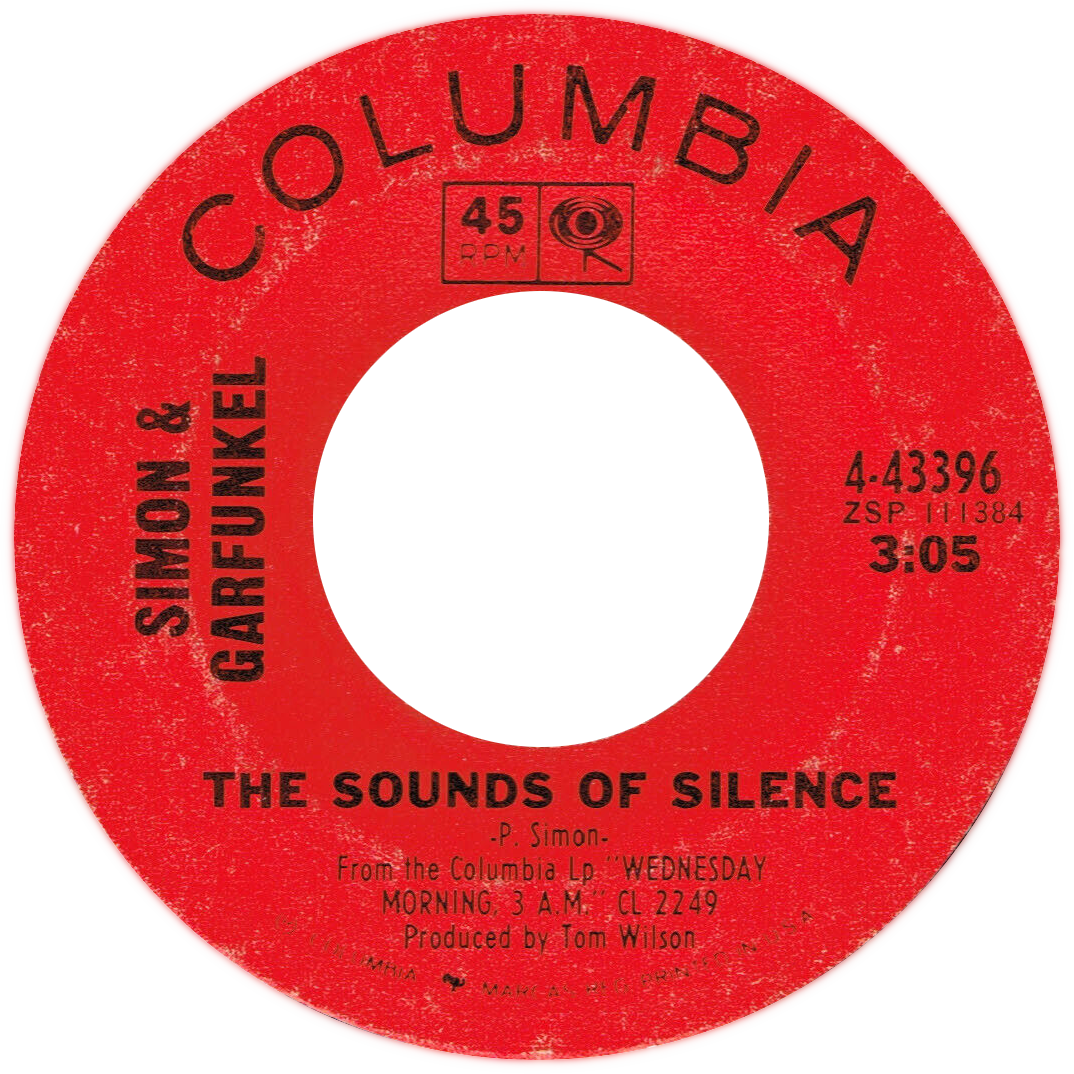JULY 24, 2022 – I’ve noticed that many people can’t bear silence for very long. Whether they’re driving, walking through the park, or sweeping out the garage, they’ve got to have sound or music filling their inner ears. It’s as if music, a phone conversation, a favorite podcast, or some other aural stimulus is the sine qua non of mental consciousness or physical motion. Having been conditioned by the culture around me, I too have often relied upon select “soundwaves” to get myself from Point A to Point B or to complete some routine task or simply to fill a perceived void.
But I’ve also learned—by way of uncooperative technology, and, more commonly, forgetfulness, or sheer laziness—that as the adage goes, “silence is golden.” Walking, driving, working in silence calms the psyche, opens the neurological pathways, and allows a person to think—think, in the myriad ways in which homo sapiens engage in that most basic yet most complex of all things human. This is why I treasure time at the Red Cabin, surrounded by nature and insulated from all the noise that fills life back in “the city.”
As I compose this, I’m seated on our screen porch up at the lake. The threat of “possible severe thunderstorms” hangs over the region, but for the time being, a soft rain falls over the woods. The sound is like a mezzo piano tremolo, perfectly executed by the strings in some grand orchestra conducted by an invisible maestra holding her baton in suspension. Eventually nature’s unending symphony of sound will move beyond the fermata, but only the maestra knows when. I realize that like us, the rest of nature rarely exists in complete quietude.
[20 minutes later . . .] The orchestra is now well into another movement. The level tremolo of the strings has been superseded by the rush of the woodwinds, first in gusts, then in steady time. The wind-chimes clang. Soon the lake, drama borrowed from nature’s opera, gets into the act, sending waves across a long fetch until, with curling, cresting whitecaps, they crash against the stony shoreline.
[Another 15 minutes pass . . .] I check the updated weather radar, which reveals that the heavy brass is counting down the measures before its grand entrance. In predictable time, these parts will be visited by pyro-technics of the sort that brings dash and color—and even a real cannon—to summer pops concerts ending (ironically) with Tchaikovsky’s 1812 Overture. Crash, boom, bang! in crowd-pleasing form, nature with noisy theatrics will give the lie to “silence is golden.”
In due course, the gong, the bass drum, the trumpets, the trombones, the tympani, and the cymbals will have had their say. The last beads of rain will drip from the arboreal crowns and onto the freshly watered forest floor, as La Grande Symphonie passes into memory. After conductor and musicians depart the stage, stars will emerge on the dark velvet overhead. Silence will reign again till day breaks, the birds sing, and the wind-chimes play.
(Remember to subscribe to this blog and receive notifications of new posts by email.)
© 2022 by Eric Nilsson
